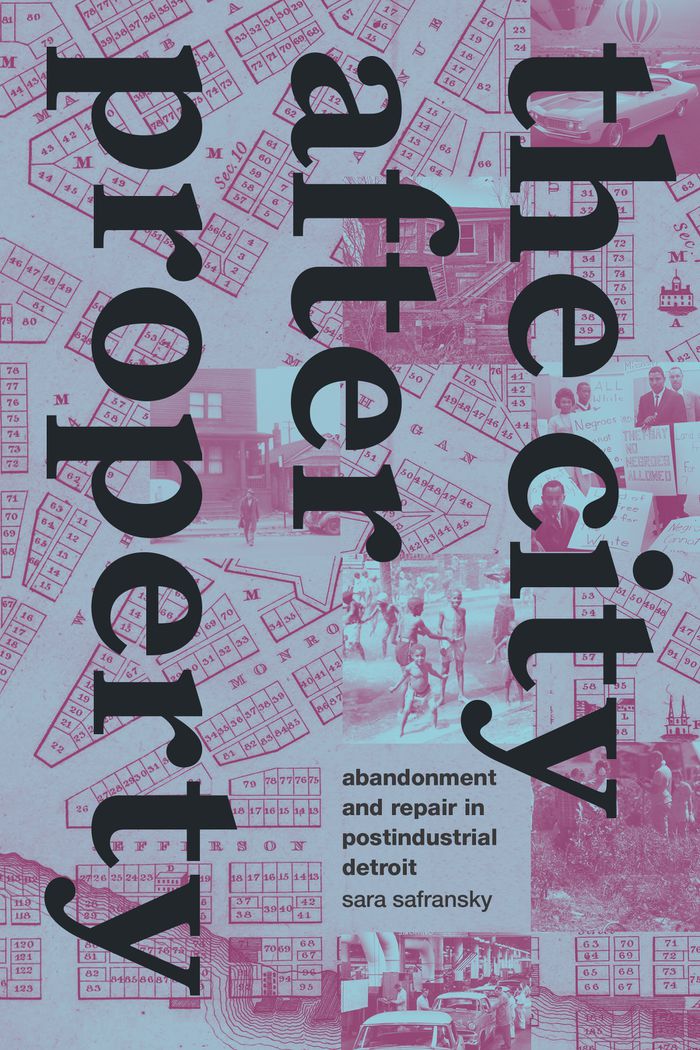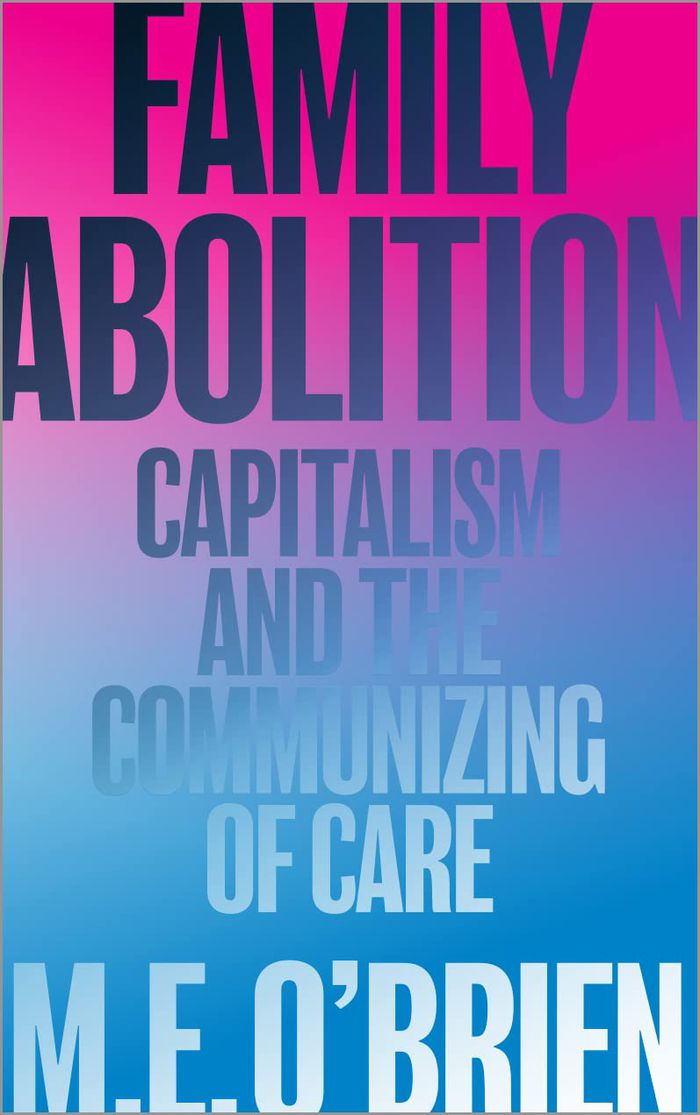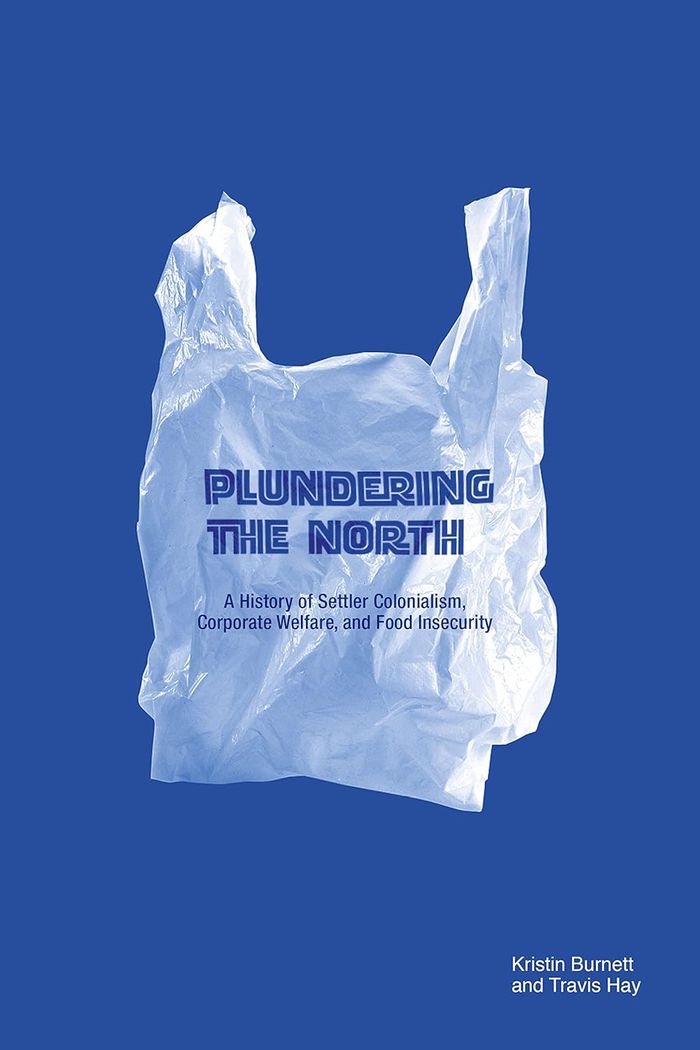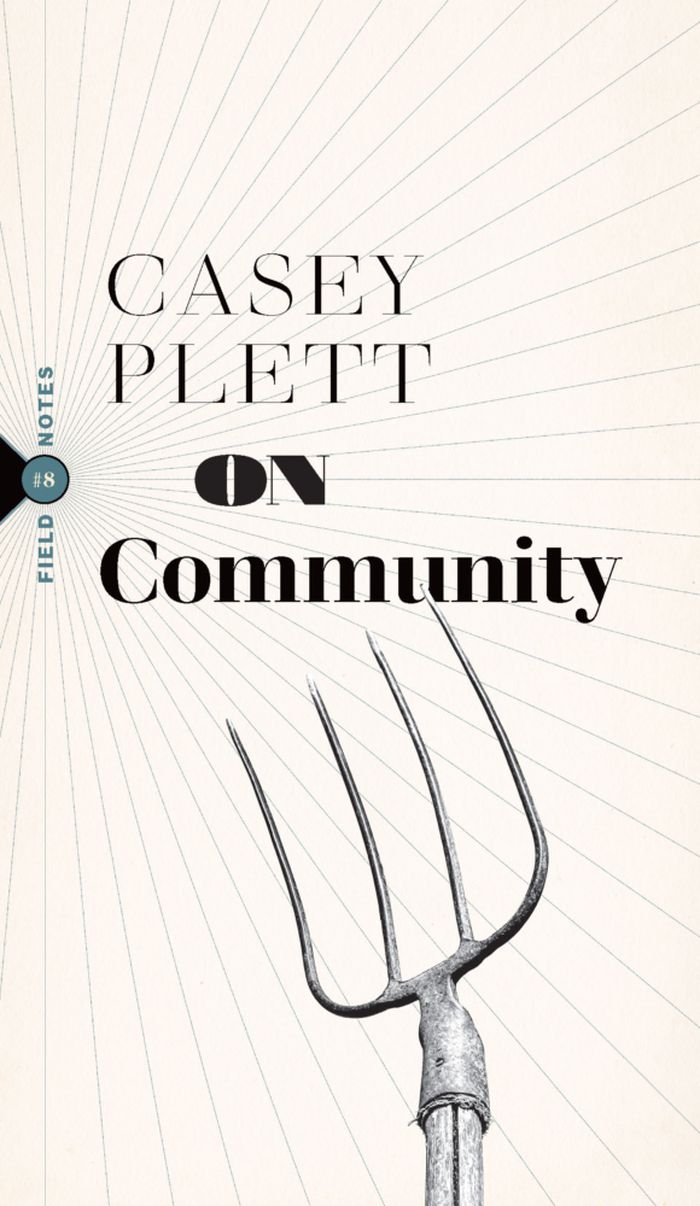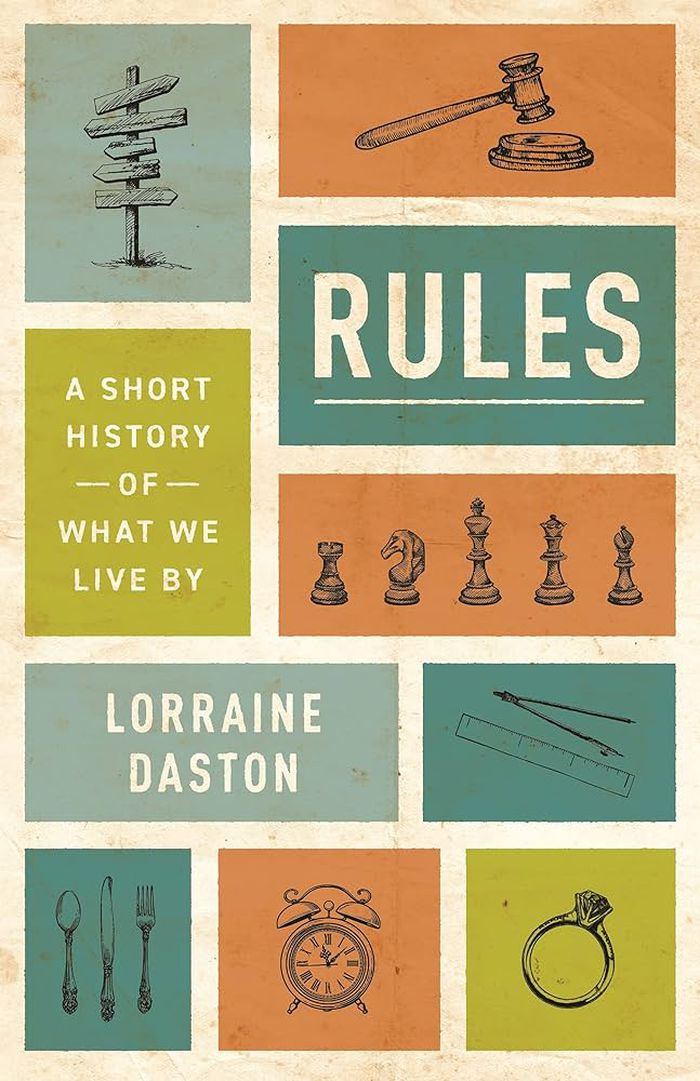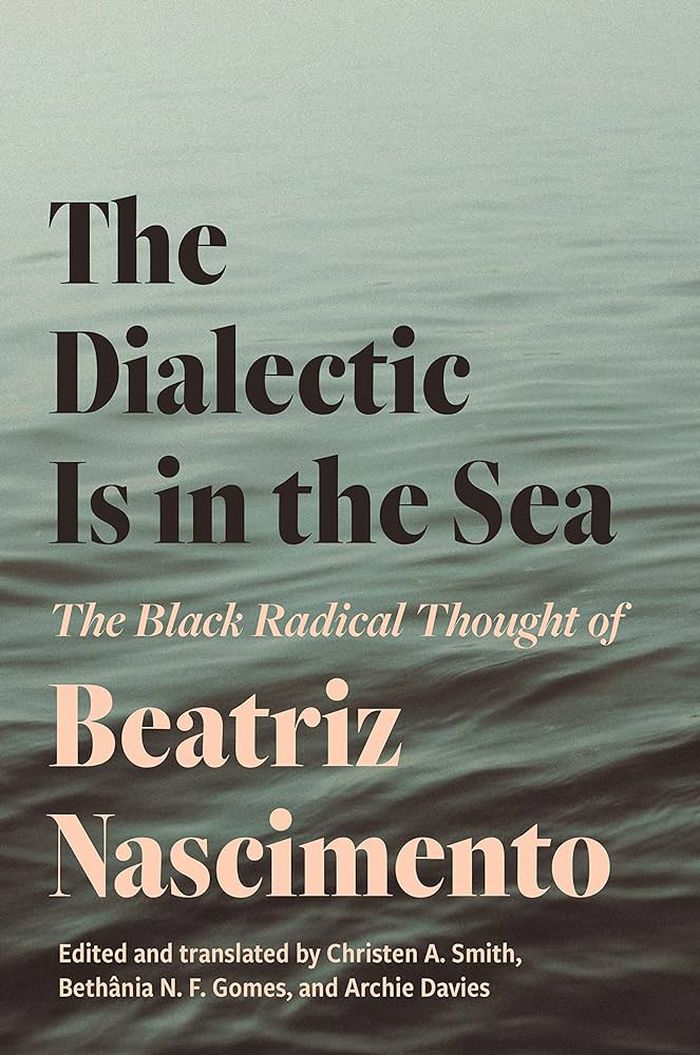$37.95
(disponible sur commande)
Résumé:
In The City after Property, Sara Safransky examines how postindustrial decline generates new forms of urban land politics. In the 2010s, Detroit government officials classified a staggering 150,000 lots—more than a third of the city—as “vacant” or “abandoned.” Analyzing subsequent efforts to shrink the Motor City’s footprint and budget, Safransky presents a new way of(...)
The city after property: Abandonment and repair in postindustrial Detroit
Actions:
Prix:
$37.95
(disponible sur commande)
Résumé:
In The City after Property, Sara Safransky examines how postindustrial decline generates new forms of urban land politics. In the 2010s, Detroit government officials classified a staggering 150,000 lots—more than a third of the city—as “vacant” or “abandoned.” Analyzing subsequent efforts to shrink the Motor City’s footprint and budget, Safransky presents a new way of conceptualizing urban abandonment. She challenges popular myths that cast Detroit as empty along with narratives that reduce its historical decline to capital and white flight. In connecting contemporary debates over neoliberal urbanism to Cold War histories and the lasting political legacies of global movements for decolonization and Black liberation, she foregrounds how the making of—and challenges to—modern property regimes have shaped urban policy and politics. Drawing on critical geographical theory and community-based ethnography, Safransky shows how private property functions as a racialized construct, an ideology, and a moral force that shapes selves and worlds. By thinking the city “after property,” Safransky illuminates alternative ways of imagining and organizing urban life.
$38.99
(disponible sur commande)
Résumé:
In 1982, the protests of antiporn feminists sparked the censorship of the ''Diary of a Conference on Sexuality'', a radical and sexually evocative image-text volume whose silencing became a symbol for the irresolvable feminist sex wars. ''In Visible archives'' documents the community networks that produced this resonant artifact and others, analyzing how visual culture(...)
In Visible archives: Queer and feminist visual culture in the 1980s
Actions:
Prix:
$38.99
(disponible sur commande)
Résumé:
In 1982, the protests of antiporn feminists sparked the censorship of the ''Diary of a Conference on Sexuality'', a radical and sexually evocative image-text volume whose silencing became a symbol for the irresolvable feminist sex wars. ''In Visible archives'' documents the community networks that produced this resonant artifact and others, analyzing how visual culture provided a vital space for women artists to theorize and visualize their own bodies and sexualities. Margaret Galvan explores a number of feminist and cultural touchstones—the feminist sex wars, the HIV/AIDS crisis, the women in print movement, and countercultural grassroots periodical networks—and examines how visual culture interacts with these pivotal moments. She goes deep into the records to bring together a decade’s worth of research in grassroots and university archives that include comics, collages, photographs, drawings, and other image-text media produced by women, including Hannah Alderfer, Beth Jaker, Marybeth Nelson, Roberta Gregory, Lee Marrs, Alison Bechdel, Gloria Anzaldúa, and Nan Goldin. The art highlighted in ''In Visible archives'' demonstrates how women represented their bodies and sexualities on their own terms and created visibility for new, diverse identities, thus serving as blueprints for future activism and advocacy—work that is urgent now more than ever as LGBTQ+ and women’s rights face challenges and restrictions across the nation.
Social
Radical intimacy
$24.95
(disponible en magasin)
Résumé:
Capitalist ideology wants us to believe that there is an optimal way to live. 'Making connections' means networking for work. Our emotional needs are to be fulfilled by a single romantic partner, and self-care equates to taking personal responsibility for our suffering. We must be productive and heterosexual, we must have babies and buy a house. But the kicker is most(...)
Radical intimacy
Actions:
Prix:
$24.95
(disponible en magasin)
Résumé:
Capitalist ideology wants us to believe that there is an optimal way to live. 'Making connections' means networking for work. Our emotional needs are to be fulfilled by a single romantic partner, and self-care equates to taking personal responsibility for our suffering. We must be productive and heterosexual, we must have babies and buy a house. But the kicker is most people cannot and do not want to achieve all, or any of these life goals. Instead we are left feeling atomised, exhausted and disempowered. ''Radical intimacy'' shows that it doesn't need to be this way. A punchy and impassioned account of inspiring ideas about alternative ways to live, Sophie K Rosa demands we use our radical imagination to discover a new form of intimacy and to transform our personal lives and in turn society as a whole. Including critiques of the 'wellness' industry that ignores rising poverty rates, the mental health crisis and racist and misogynist state violence; transcending love and sex under capitalism to move towards feminist, decolonial and queer thinking; asking whether we should abolish the family; interrogating the framing of ageing and death and much more, ''Radical intimacy'' is the compassionate antidote to a callous society.
Social
$32.95
(disponible sur commande)
Résumé:
For some of us, the family is a source of love and support. But for many others, the family is a place of private horror, coercion, and personal domination. In a capitalist society, the private family carries the impossible demands of interpersonal care and social reproductive labor. Can we imagine a different future? In ''Family abolition'', author M.E. O'Brien uncovers(...)
Family abolition: Capitalism and the communizing of care
Actions:
Prix:
$32.95
(disponible sur commande)
Résumé:
For some of us, the family is a source of love and support. But for many others, the family is a place of private horror, coercion, and personal domination. In a capitalist society, the private family carries the impossible demands of interpersonal care and social reproductive labor. Can we imagine a different future? In ''Family abolition'', author M.E. O'Brien uncovers the history of struggles to create radical alternatives to the private family. O'Brien traces the changing family politics of racial capitalism in the industrial cities of Europe and the slave plantations and settler frontier of North America, explaining the rise and fall of the housewife-based family form. From early Marxists to Black and queer insurrectionists to today's mass protest movements, O'Brien finds revolutionaries seeking better ways of loving, caring, and living. ''Family abolition'' takes us through the past and present of family politics into a speculative future of the commune, imagining how care could be organized in a free society.
Social
Plundering the North: A history of settler colonialism, corporate welfare, and food insecurity
$27.95
(disponible sur commande)
Résumé:
Food insecurity in the North is one of Canada’s most shameful public health and human rights crises. In ''Plundering the North,'' Kristin Burnett and Travis Hay examine the disturbing mechanics behind the origins of this crisis: state and corporate intervention in northern Indigenous foodways. Despite claims to the contrary by governments, the Hudson’s Bay Company (HBC),(...)
Plundering the North: A history of settler colonialism, corporate welfare, and food insecurity
Actions:
Prix:
$27.95
(disponible sur commande)
Résumé:
Food insecurity in the North is one of Canada’s most shameful public health and human rights crises. In ''Plundering the North,'' Kristin Burnett and Travis Hay examine the disturbing mechanics behind the origins of this crisis: state and corporate intervention in northern Indigenous foodways. Despite claims to the contrary by governments, the Hudson’s Bay Company (HBC), and the contemporary North West Company (NWC), the exorbitant cost of food in the North is neither a naturally occurring phenomenon nor the result of free-market forces. Rather, inflated food prices are the direct result of government policies and corporate monopolies. Using food as a lens to track the institutional presence of the Canadian state in the North, Burnett and Hay chart the social, economic, and political changes that have taken place in northern Ontario since the 1950s. They explore the roles of state food policy and the HBC and NWC in setting up, perpetuating, and profiting from food insecurity while undermining Indigenous food sovereignties and self-determination. ''Plundering the North'' provides fresh insight into Canada’s settler colonial project by re-evaluating northern food policy and laying bare the governmental and corporate processes behind the chronic food insecurity experienced by northern Indigenous communities.
Social
On community
$19.95
(disponible sur commande)
Résumé:
We are all hinged to some definition of a community, be it as simple as where we live, complex as the beliefs we share, or as intentional as those we call family. In an episodic personal essay, Casey Plett draws on a range of firsthand experiences to start a conversation about the larger implications of community as a word, an idea, and a symbol. With each thread a(...)
On community
Actions:
Prix:
$19.95
(disponible sur commande)
Résumé:
We are all hinged to some definition of a community, be it as simple as where we live, complex as the beliefs we share, or as intentional as those we call family. In an episodic personal essay, Casey Plett draws on a range of firsthand experiences to start a conversation about the larger implications of community as a word, an idea, and a symbol. With each thread a cumulative definition of community, and what it has come to mean to Plett, emerges. Looking at phenomena from transgender literature, to Mennonite history, to hacker houses of Silicon Valley, and the rise of nationalism in North America, Plett delves into the thorny intractability of community’s boons and faults. Deeply personal, authoritative in its illuminations, On Community is an essential contribution to the larger cultural discourse that asks how, and to what socio-political ends, we form bonds with one another.
Social
$39.95
(disponible sur commande)
Résumé:
''Black Networked Resistance''? explores the creative range of Black digital users and their responses to varying forms of oppression, utilizing cultural, communicative, political, and technological threads both on and offline. Raven Maragh-Lloyd demonstrates how Black users strategically rearticulate their responses to oppression in ways that highlight Black publics’(...)
Black networked resistance: Strategic rearticulations in the digital age
Actions:
Prix:
$39.95
(disponible sur commande)
Résumé:
''Black Networked Resistance''? explores the creative range of Black digital users and their responses to varying forms of oppression, utilizing cultural, communicative, political, and technological threads both on and offline. Raven Maragh-Lloyd demonstrates how Black users strategically rearticulate their responses to oppression in ways that highlight Black publics’ historically rich traditions and reveal the shifting nature of both dominance and resistance, particularly in the digital age. Through case studies and interviews, Maragh-Lloyd reveals the malleable ways resistance can take shape and the ways Black users artfully demonstrate such modifications of resistance through strategies of survival, reprieve, and community online.
Social
$39.95
(disponible sur commande)
Résumé:
When #BlackLivesMatter emerged in 2013, it animated the most consequential Black-led mobilization since the civil rights and Black power era. Today, the hashtag turned rallying cry is but one expression of a radical reorientation toward Black politics, protest, and political thought. To Build a Black Future examines the spirit and significance of this insurgency, offering(...)
To build a black future: The radical politics of joy, pain and care
Actions:
Prix:
$39.95
(disponible sur commande)
Résumé:
When #BlackLivesMatter emerged in 2013, it animated the most consequential Black-led mobilization since the civil rights and Black power era. Today, the hashtag turned rallying cry is but one expression of a radical reorientation toward Black politics, protest, and political thought. To Build a Black Future examines the spirit and significance of this insurgency, offering a revelatory account of a new political culture?responsive to pain, suffused with joy, and premised on care?emerging from the centuries-long arc of Black rebellion, a tradition that traces back to the Black slave. Drawing on his own experiences as an activist and organizer, Christopher Paul Harris takes readers inside the Movement for Black Lives (M4BL) to chart the propulsive trajectory of Black politics and thought from the Middle Passage to the present historical moment. Carefully attending to the social forces that produce Black struggle and the contradictions that arise within it, Harris illustrates how M4BL gives voice to an abolitionist praxis that bridges the past, present, and future, outlining a political project at once directed inward to the Black community while issuing an outward challenge to the world. Essential reading for the age of #BlackLivesMatter, this visionary and provocative book reveals how the radical politics of joy, pain, and care, in sharp contrast to liberal political thought, can build a Black future that transcends ideology and pushes the boundaries of our political imagination.
Social
$29.95
(disponible sur commande)
Résumé:
In this book, historian Lorraine Daston traces the development of rules in the Western tradition and shows how they have evolved from ancient to modern times. Drawing on a rich trove of examples, including legal treatises, cookbooks, military manuals, traffic regulations, and game handbooks, Daston demonstrates that while the content of rules is dazzlingly diverse, the(...)
Rules: A short history of what we live by
Actions:
Prix:
$29.95
(disponible sur commande)
Résumé:
In this book, historian Lorraine Daston traces the development of rules in the Western tradition and shows how they have evolved from ancient to modern times. Drawing on a rich trove of examples, including legal treatises, cookbooks, military manuals, traffic regulations, and game handbooks, Daston demonstrates that while the content of rules is dazzlingly diverse, the forms that they take are surprisingly few and long-lived. Rules have been devised for almost every imaginable activity and range from meticulous regulations to the laws of nature. Daston probes beneath this variety to investigate when rules work and when they don’t, and why some philosophical problems about rules are as ancient as philosophy itself while others are as modern as calculating machines.
Social
$39.95
(disponible sur commande)
Résumé:
Beatriz Nascimento (1942–1995) was a poet, historian, artist, and political leader in Brazil’s Black movement, an innovative and creative thinker whose work offers a radical reimagining of gender, space, politics, and spirituality around the Atlantic and across the Black diaspora. Her powerful voice still resonates today, reflecting a deep commitment to political(...)
The dialectic is in the sea: The Black radical thought of Beatriz Nascimento
Actions:
Prix:
$39.95
(disponible sur commande)
Résumé:
Beatriz Nascimento (1942–1995) was a poet, historian, artist, and political leader in Brazil’s Black movement, an innovative and creative thinker whose work offers a radical reimagining of gender, space, politics, and spirituality around the Atlantic and across the Black diaspora. Her powerful voice still resonates today, reflecting a deep commitment to political organizing, revisionist historiography, and the lived experience of Black women. ''The dialectic is in the sea'' traces the development of Nascimento’s thought across the decades of her activism and writing, covering topics such as the Black woman, race and Brazilian society, Black freedom, and Black aesthetics and spirituality. Incisive introductory and analytical essays provide key insights into the political and historical context of Nascimento’s work.
Social
